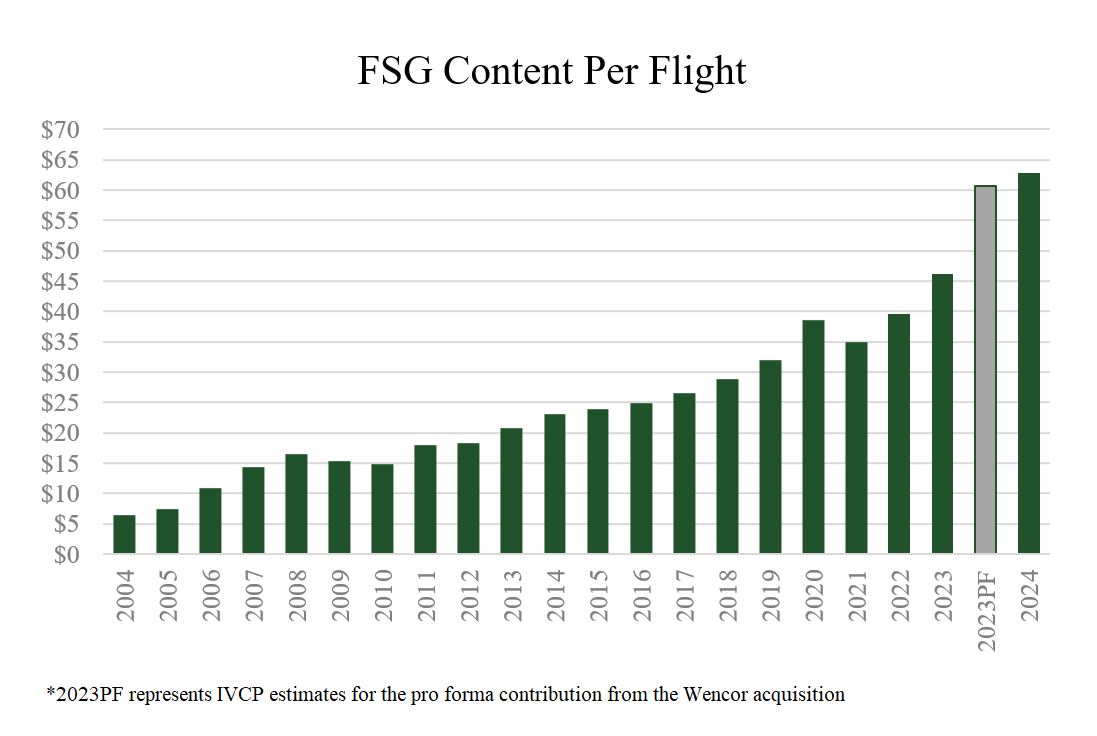HEICO
A Case Study In Capital Allocation
OWNER-OPERATOR “SQUARED”
- HEICO’s senior management team and board collectively own ~10% of the company, while employees own a significant share as well
- ~80% of HEICO’s acquisitions continue to be run by the sellers or management teams that operated the business prior to purchase
- Companies that sell to HEICO retain, on average, a 10-20% equity stake in their business



